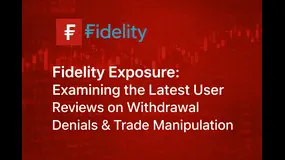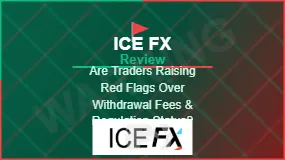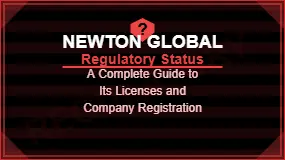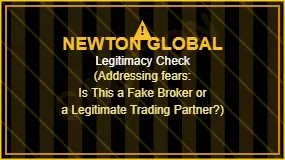Abstract:Two terms often emerge during central bank policy discussions: hawkish and dovish. These descriptors reflect the differing approaches central banks may take regarding monetary policy. Traders, especially in the forex market, pay close attention to these stances because of their significant impact on currency strength, inflation, interest rates, and overall market sentiment. But what do these terms mean, and are they inherently good or bad for a country's economy?
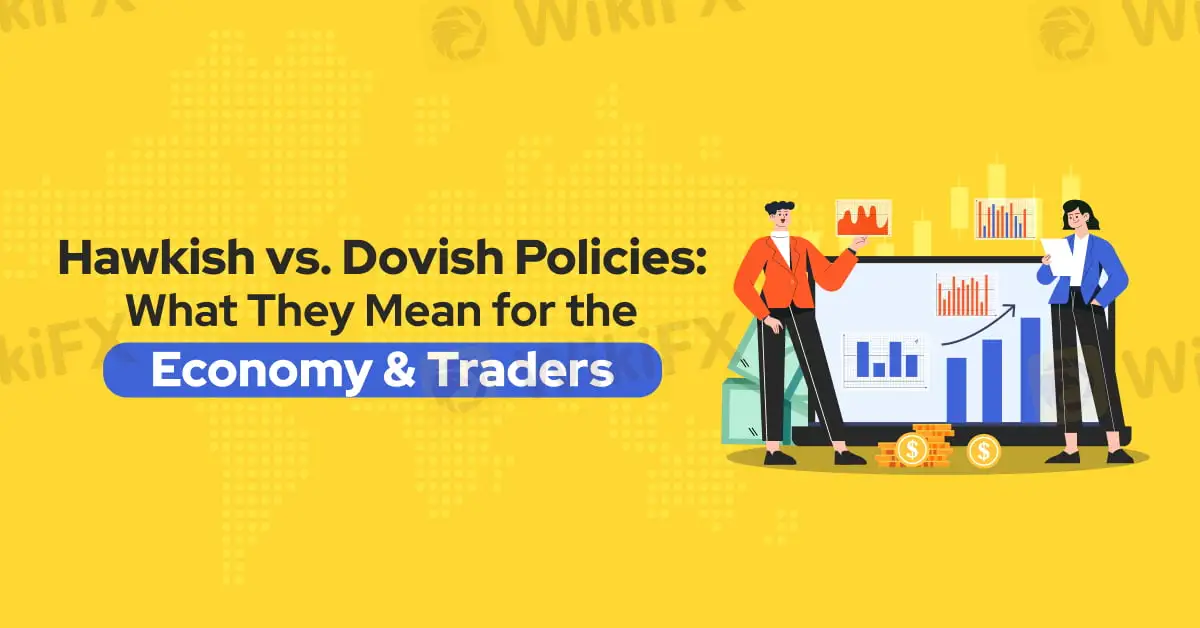
In economic and financial circles, two terms often emerge during central bank policy discussions: hawkish and dovish. These descriptors reflect the differing approaches central banks may take regarding monetary policy. Traders, especially in the forex market, pay close attention to these stances because of their significant impact on currency strength, inflation, interest rates, and overall market sentiment. But what do these terms mean, and are they inherently good or bad for a country's economy?

A hawkish stance signals that a central bank is focused on curbing inflation. Policymakers who adopt a hawkish approach tend to favour higher interest rates and reduced liquidity in the economy. By raising interest rates, a central bank aims to make borrowing more expensive, thus cooling consumer spending and business investment. This policy typically strengthens the national currency, as higher rates attract foreign investment and demand for the currency increases.
For traders, a hawkish announcement can signify that a currency is likely to gain value. For example, when the U.S. Federal Reserve hints at potential rate hikes, the dollar often strengthens. However, while currency appreciation may benefit forex traders, it can place added pressure on a countrys export sector, as higher currency values make exports more expensive for foreign buyers. Additionally, hawkish policies may also slow down economic growth as credit becomes more expensive for businesses and households alike.

Conversely, a dovish stance indicates a central bank's preference to stimulate economic growth, often at the risk of allowing inflation to rise. Dovish policymakers typically favour lower interest rates and increased liquidity in the economy. Lowering rates makes borrowing cheaper, encouraging businesses to expand and consumers to spend. This approach can lead to a weaker currency, as investors seek higher returns elsewhere, decreasing demand for the domestic currency.
For traders, a dovish policy suggests that a currency might weaken, which can lead to potential profit opportunities in short selling or trading currency pairs where the dovish currency is expected to decline. On a broader scale, a dovish policy aims to boost job creation and economic activity, but it can also risk overheating the economy, causing excessive inflation and devaluing purchasing power.

The impact of hawkish and dovish policies is complex and context-dependent. A hawkish policy can be beneficial in stabilizing runaway inflation, but if maintained too long, it risks stifling economic growth and increasing unemployment. Meanwhile, dovish policies can stimulate growth and reduce unemployment but may lead to inflationary pressures, impacting the cost of living.
Neither approach is universally “good” or “bad” for an economy; instead, it depends on the existing economic conditions and objectives of the central bank. In periods of high inflation, a hawkish stance may be necessary to protect purchasing power, even if it temporarily slows down growth. During economic downturns, a dovish stance may help stimulate demand, despite potential inflationary risks.
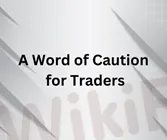
For traders, understanding the hawkish or dovish tendencies of a central bank is essential in making informed decisions. A central bank's stance can shift rapidly depending on economic data, global events, and political pressures. Relying solely on these stances without a holistic analysis can lead to rushed and uninformed trading decisions. Traders must remain cautious, analyse multiple factors, and avoid speculative moves based on central bank signals alone.
Ultimately, both hawkish and dovish policies serve distinct purposes within economic cycles. For traders, the key lies in remaining vigilant and patient, recognizing that well-timed, informed trades are more valuable than reacting impulsively to every policy shift.









